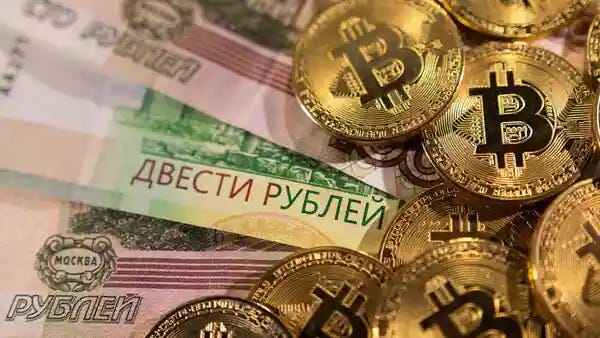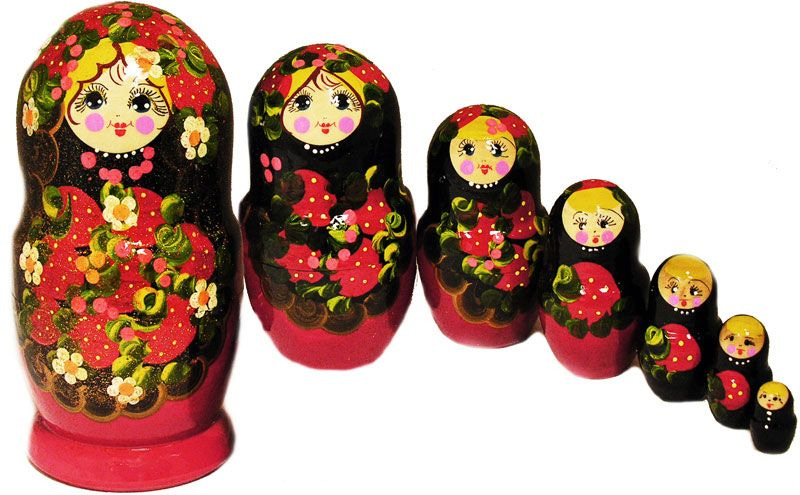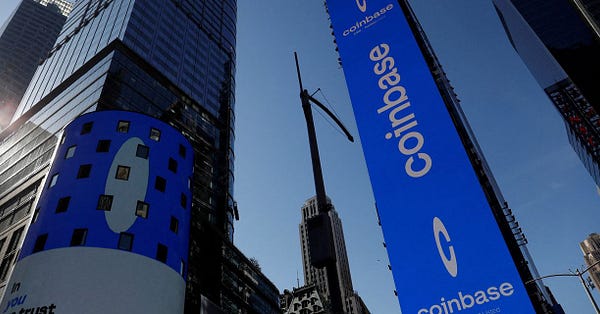“This ain’t no party.
This ain’t no disco.
This ain’t no fooling around.”
- Life During Wartime, The Talking Heads.
War in Europe. The world hasn’t seen that since World War II. Most people alive on this planet have never seen a war in Europe. The economic sanctions being doled out against Russia by other nations are unprecedented in scope and severity.
The song Life During Wartime, from 1979, alludes to a possible time when there is no chance for frivolity in daily existence and when the desire for creature comforts is replaced by the struggle for the necessities of life. We’re seeing this play out in Ukraine right now, on television, the internet and especially on social media. This is an eye-opener for most of the world. And one of the basic necessities that both the Ukrainians and the Russians are scrambling for is money. Spendable currency.
Bitcoin’s Role in the Conflict
Bitcoin, the most widely-held cryptocurrency, is taking center stage during this Russian invasion. It’s playing a significant part already in this war, impacting Russians, Ukrainians and others around the world. Here’s how:
Ukrainians, fearing the collapse of their banking system, are seeking to put some of their wealth in crypto, mainly Bitcoin. Banks have been limiting access to accounts, so it follows that Ukrainians would seek a safe have in Bitcoin. An asset form that can be used to bring some of their wealth with them should they have to flee the country.
Russian citizens and their government have been hit with severe economic sanctions by the most prominent nations in the world. Obviously, the citizens need access to their money, and the country especially needs its stores of wealth in order to finance this war. Russia, the third-largest Bitcoin nation in the world, is relying on crypto, the largest decentralized asset.
Other people and countries around the world are using Bitcoin to send donations to Ukraine to help the cause. Indeed, the Ukraine government is soliciting donations in crypto and has raised over $20 million so far, in just a week.
These events are unprecedented, with a major war taking place in the era of the internet and of digital currencies.
How This Has Impacted Bitcoin
Demand for Bitcoin is soaring. Russian trading in Bitcoin reached its highest level since last May. The sanctions are limiting access to the Russian ruble, and it is totally collapsing. Ukraine activity in crypto is at an all-time high, and the country ranks fourth in the world in crypto adoption.
Bitcoin is selling at a premium in Russia. Bitcoin is an asset traded worldwide, and there is normally not a large difference between prices in the US and in Russia, due to the arbitrage opportunities. Russians, however, have been paying upwards of $20,000 above market for Bitcoin. Unprecedented. Sensing a theme here. (See note below, also.)
Bitcoin’s price spiked higher in the US this week. From a level just over $37,000 on Sunday, the price of Bitcoin reached $45,000 on Wednesday. That’s a 20% climb, really quickly.
Calling for a freeze on Russians’ Bitcoins. The Ukrainian Prime Minister has urged all major crypto exchanges to freeze the crypto accounts of Russian citizens and government, over fears that that their money could be moved undetected, thereby avoiding the economic sanctions. Coinbase, Kraken, and Binance have all said “no.”
What Does This Mean for Bitcoin’s Future?
The world is waking up to Bitcoin. That’s my conclusion. How bizarre that it took a war such as this to open people’s eyes to a digital asset that is:
Portable, can be transported anywhere in the world.
Internationally used and exchanged.
Private and sovereign in nature.
Has a fixed supply cap.
Alex Gladstein, of the Human Rights Foundation, said this of Bitcoin’s importance in situations of unrest such as the Russian-Ukrainian conflict:
“The fact that it can’t be frozen, the fact that it can’t be censored, and the fact that it can be used without ID is very, very important. And they are why Bitcoin is such an important humanitarian tool.”
Powerful stuff. Life during wartime.
NOTE: One publication has jokingly called the Russian Bitcoin premium the “matreshka premium.” (Or, matryoshka, in Russian.) Matreshka dolls are the brightly-colored, hand-painted dolls that are known as a symbol of Russia, representing family unity, abundance and the search for truth and meaning.
The matreshka premium is a spin on the kimchi premium, a term used to define the difference in prices for crypto in Korea in 2016, when North Korean leader Kim Jong-un was escalating tensions in the region. (Kimchi is a Korean staple food.)
Tweet of the Week:
Issue No. 46, March 4, 2022
Rick Mulvey is a CPA, forensic accountant and crypto consultant. He writes about all things Bitcoin, and yells at the Yankees and Giants. He also runs marathons and makes wine, neither professionally.
Follow on Twitter! The Bitcoin Files Newsletter







